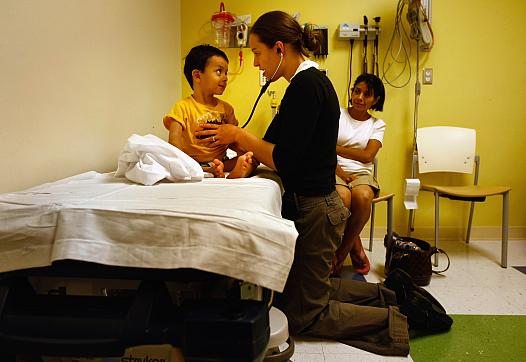
What to do when you can't find the right research for your story? A Florida newspaper pursued a novel collaboration with researchers on a new study on how the state's Medicaid program impacts children.

What to do when you can't find the right research for your story? A Florida newspaper pursued a novel collaboration with researchers on a new study on how the state's Medicaid program impacts children.
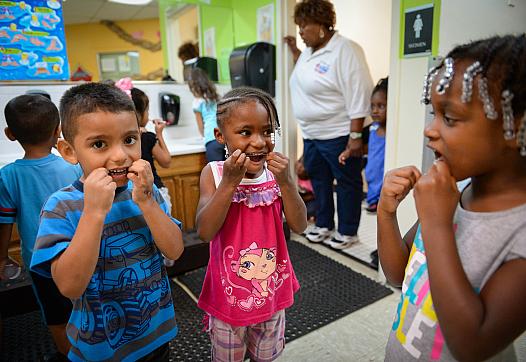
In Florida's Manatee County, the lack of dental care was creating a crisis for children, and the chief witnesses were school nurses. In response, the county's health and education leaders have started working together to get kids into the dental chair.
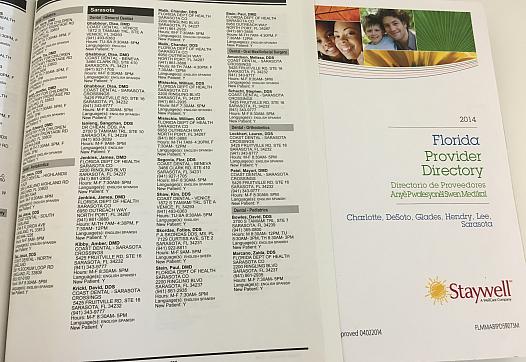
Only two of 103 listings were accurate, according to a Sarasota Herald-Tribune survey.
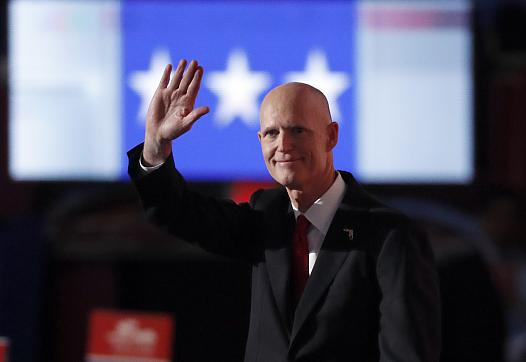
Florida Gov. Rick Scott vetoed a universally-supported bill to bring dentists to underserved communities last year, despite the strong need for more dental care providers.
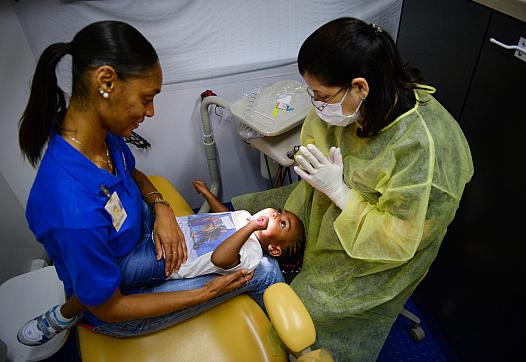
Local communities and the federal government prioritize dental care, but Florida's state agencies don't have much to offer, according to a special series in the Sarasota Herald-Tribune.
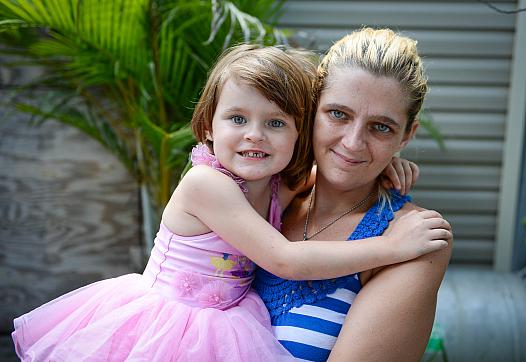
In Florida dental practices serving lots of Medicaid patients, parents are often barred from appointments.
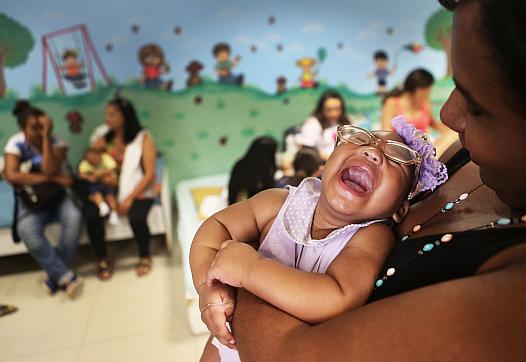
Zika has become the biggest health story of the summer, and the volume of coverage reflects that. But some of the most interesting reporting has started to focus on the longer-term effects of the virus on children.
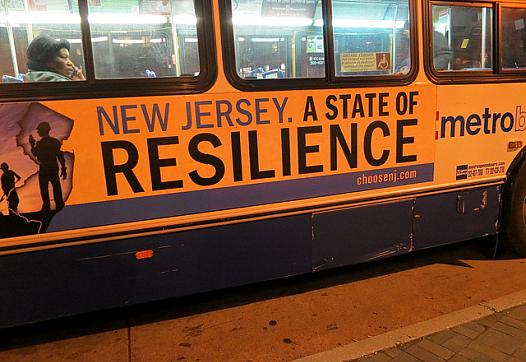
Resilience is a popular buzzword in health circles these days. But as two speakers with extensive experience on the issue told journalists this week, it's a far more complex issue than media accounts commonly suggest.
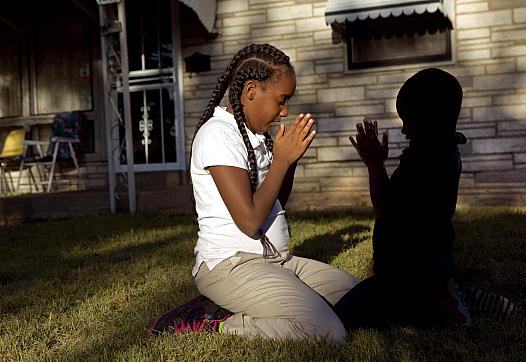
A year after Michael Brown was killed by police in Ferguson, a reporter returned to the neighborhood and spent months talking with families about how they cope with toxic levels of stress and violence.

In the wake of studies finding big differences in language ability between rich and poor kids by the age of 18 months, a leading researcher outlines the latest thinking on how to bridge the class-based "word gap."